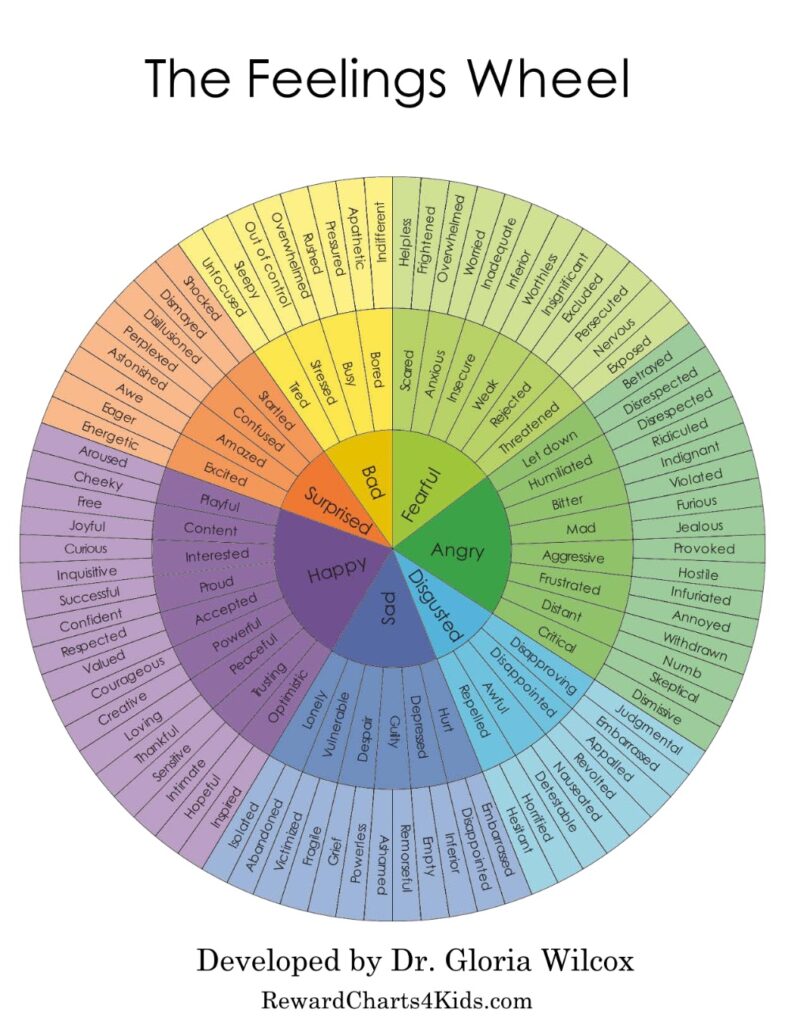
Did you know that overthinking can actually be a strategy of our unconscious to avoid difficult emotions. Overthinking keeps us in our mind distracted, disconnects us from the natural wisdom that is held in our body like gut feelings for example.
Most humans have supressed emotions, and without realising it, they are pushed down and ignored because they are painful. This is not a conscious decision; this is a defence mechanism that develops over time and can then become a permanent pattern. Whereas the purpose of suppression is to be temporary to enable us to survive difficult life challenges.
If you are overthinking during the night, it’s worth noting that we are wired to overthink more after dark. From an evolutionary point of view, we are more at threat of danger of predator attack. One reason we have 1.5-hour sleep cycles is to enable us to scan our environment for potential attack regularly. And if it’s a full moon your body may likely want you to go hunting because the light is good. So maybe you can give yourself a break if you are overthinking at night. Learning body scan meditations and breathing techniques during the daytime for a couple of weeks can teach you how to change the alpha and beta brain waves, so that when used at night time they will be more effective in encouraging the nervous system into a relaxed state.
When strong emotions or feelings to name a few: fear, sadness, disgust, anger, betrayal, abandonment, shame, grief, and guilt remain unprocessed and ignored, our system remains in conflict. Emotions want to surface because they want you to take action to alleviate them, or process and file them where they belong. But instead, behaviours are put in place that keep them pushed down. Behaviours like drinking, overthinking, over working, over exercising, keeping busy, over/under eating, ocd’s can be numbing strategies and there could be signs in our bodily responses like feeling unsettled, tired but wired, tenseness, neck, jaw and back pain, headaches/migraines, tinnitus, joint pain, heart palpitations, lethargy. Also, repetitive dreams and sleep disruption can be a another sign.
I often invite clients to hone in to an emotion at given points, it’s very common for people to be so overwhelmed that they are unable to locate or name even one emotion. They can be entirely cut off from how they actually feel. Feelings and emotions don’t have to be scary; they don’t have to be something we are ashamed of; they are a legacy of our life experience and what we have been through and they should be used as a guide to how we need to proceed to be more in harmony with where we are in life now.
There are many ways to honour emotions and become acquainted and normalise to them. The easiest method is to have a regular check in, ask yourself “How do I feel?’ Go inwards (this is where meditation can help but not essential). Being present for a moment and tapping into your emotion means you are enabling what should be a natural process.
When being asked to access your emotion, you may notice resistance coming up, for example “I don’t have any emotions or feelings at the moment” It’s worth noting, there will always be emotions or feelings it’s part of being human, I like the saying “what you resist, persists”. Sometimes we are just numb to emotion because we have learnt to cut them off to get through. On the other hand, could it just be that you are feeling calm or relaxed or maybe peaceful and reflective?
When you access how you feel, there may be a part of your body where the sensation is held, so when you do a check in and name the emotion, also connect with the body and have a scan. Quite often sensations may be in the chest or heart area, in the stomach, around the shoulders or the throat, although it can be anywhere, sometimes it can be represented as pain.
Having emotions is as natural as breathing and eating but we can starve that vital part that is essential for wellbeing or being ‘you’. It can prevent us from being free and spontaneous, it can affect our relationships, perspective and judgements moment to moment and also our long term physical health.
Next time you are overthinking, maybe lift the lid a little and look underneath that worry, and ask, what emotion is really going on? Remember to have some compassion and non-judgement for what that emotion represents because there is a reason you have been over-thinking and ignoring it.
I find using an feelings wheel with clients really useful, it helps them narrow down their emotions, for example with curiosity, what may look like anger could actually be abandonment, it can then help us to understand where the work may be to help overcome difficult obstacles or unhelpful patterns in their life.

